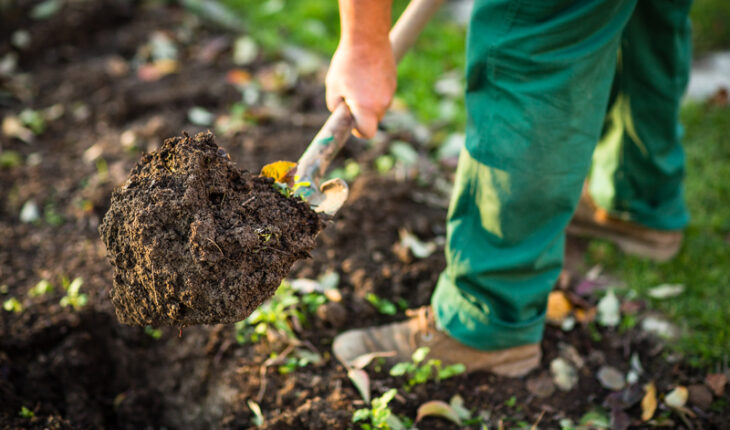Gardening is a rewarding and fulfilling hobby, but it requires time and attention in order to be successful. For new gardeners, the task of creating a beautiful outdoor space can seem intimidating. However, with the right knowledge and preparation, you can turn your gardening dreams into reality! In this article we will discuss the biggest risks that every new gardener faces – lack of care, garden pests, and inclement weather – as well as how to mitigate these potential obstacles so that you can have a successful garden. So let’s get started on your journey towards becoming an expert gardener!
Lack of Care
A lack of care and attention can be detrimental to any garden. Without proper watering, feeding, weeding and pruning, your plants may become stressed and prone to disease. If left unchecked, neglected plants can die or become diseased, leading to a decrease in the amount of produce they produce or even the loss of their foliage. A garden is a serious commitment that will require a lot of care at regular intervals. Regular water, fertilizer and pruning are essential for any garden to stay in good health.
Garden Pests
Garden pests can cause a lot of damage to your plants and gardens if they are not properly addressed. Common garden pests include snails, slugs, weevils, caterpillars, and ants. These creatures can feed off of leaves and stems, strip away bark from trees and shrubs, weaken or destroy roots, or even eat up the fruits and vegetables you’ve been working so hard to grow. Aphids in particular can cause a variety of problems for your garden if you don’t get rid of them quickly. To prevent garden pests, it’s important to keep your garden clean and free of debris, as well as use natural pest deterrents such as companion planting and mulching.
Weather
Weather is another big risk to new gardens that must be considered. Inclement weather such as extreme temperatures, droughts, floods, and storms can have a severe impact on your garden. Extreme heat can cause plant dehydration and scorching of leaves, while cold weather can cause frost damage, leading to wilting, leaf and flower drop, and even death. Droughts can cause soil to become dry and hard, reducing the amount of water available for plants, while floods can wash away delicate seedlings and damage roots. To protect your garden from inclement weather, it’s important to research the type of weather that typically occurs in your area and plan accordingly.
A new garden is a vulnerable thing. But with the right care, attention and love, it can grow into something wonderful. By following these tips and staying diligent in the care of your new garden, you will be well on your way to having a healthy and happy garden that you can enjoy for years to come!
Did you enjoy reading this article? Here’s more to read. Hiking Hazards to Watch Out for in the Mountains




